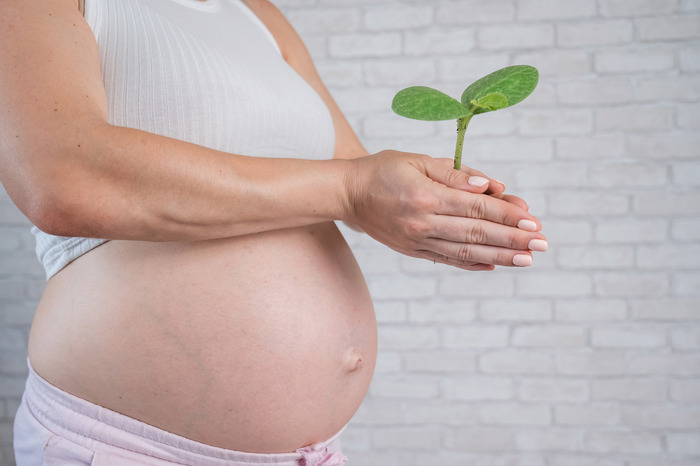Fertility and Age: Myth vs. Reality
Myth 1: Age Only Matters for Women
It is a common misconception that age only affects female fertility. In contrast, a woman's egg quality and quantity decline with age, and male fertility can also be impacted. As men get older, their sperm quality may deteriorate, leading to decreased motility and increased DNA fragmentation. (Source: TAU) Both partners need to be aware of their fertility status and seek medical advice if they are experiencing difficulties conceiving.

Myth 2: IVF is a Guaranteed Solution
In Vitro Fertilization (IVF) has been a game-changer for many couples struggling with infertility. However, it is important to understand that IVF is not a guaranteed solution. The success rate of IVF decreases with age, particularly for women over the age of 35. While IVF can be a viable option for many, it is crucial to have realistic expectations and consult with a fertility specialist to discuss the potential risks and benefits.
Myth 3: Age is the Only Factor Affecting Fertility
Other factors influencing fertility include health, lifestyle, and underlying medical conditions. For example, conditions such as endometriosis, polycystic ovary syndrome (PCOS), and certain sexually transmitted infections can impact fertility. (Source: HealthCentral) It is essential to address any underlying health issues before attempting to conceive.
Reality: Age-Related Fertility Decline
As we age, our bodies undergo natural changes that affect our reproductive system. For women, the number and quality of eggs decline over time. This is due to a decrease in ovarian reserve, which is the pool of eggs that a woman is born with. The quality of the eggs may also deteriorate, making it more difficult for them to fertilize and develop into healthy embryos.
For men, while sperm production may continue into old age, the quality of sperm can decline. Factors such as decreased sperm motility, increased DNA fragmentation, and reduced sperm count can affect fertility. This decline in sperm quality can be influenced by various factors, including lifestyle choices, exposure to environmental toxins, and underlying medical conditions. (Source: Ferti-Jin)
Additional Considerations
Beyond age-related changes, other factors can also influence fertility. These include:
• Lifestyle Factors: Smoking, excessive alcohol consumption, and unhealthy eating habits can negatively impact fertility.
• Weight: Both underweight and overweight can affect fertility.
• Stress: Chronic stress can disrupt the hormonal balance that regulates ovulation and sperm production.
• Medical Conditions: Certain medical conditions, such as thyroid disorders, diabetes, and autoimmune diseases, can affect fertility.
• Medication: Some medications can interfere with fertility.
The relationship between age and fertility is complex and multifaceted. While age-related fertility decline is a reality, it is important to remember that it is not the only factor that influences our ability to conceive. By understanding the myths and realities of fertility, individuals can make informed decisions about their reproductive health and seek appropriate medical advice when needed. It is also essential to address any underlying health issues and adopt a healthy lifestyle to optimize fertility at any age.
Sources:
TAU - TAU.amegroups.org/article/
HealthCentral - HealthCentral.com/womens-health/troubling-getting-pregnant-you-might-have-pcos-endometriosis Ferti-Jin - Fertijin.com.tr/en/ivf-sperm-and-egg-quality/






